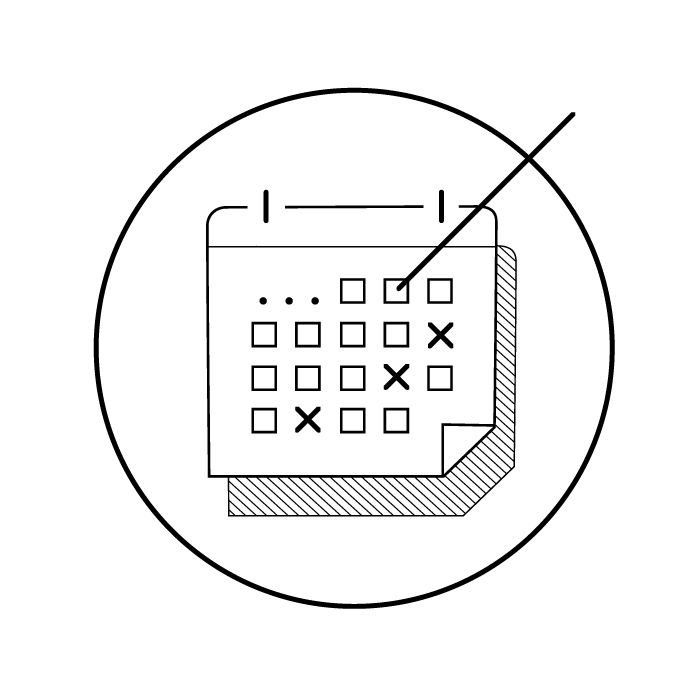 Conference
Conference
100 Histories of 100 Worlds in One Object
Workshop
9–13 December 2019
Concept and Convenor: Mirjam Brusius, GHIL
Organiser: Forum Transregional Studies with the Max Weber Foundation in co-operation with the GHI London; UCL (Alice Stevenson, Subhadra Das); and the University of the West Indies, Mona (James Robertson)
Funding: Federal Ministry of Education and Research (BMBF), Germany
Venue: University of the West Indies - Mona, Kingston (Jamaica)
Neil MacGregor’s BBC Radio 4 programme (and subsequent book) A History of the World in 100 Objects of 2010 was a resounding success with the British public, as well as internationally. Reaching new audiences with the aim of providing a global outlook and presenting history through the lens of objects, one of its core messages conveyed that there is never one version of history that is ‘handed down to us’. Instead, various versions are compiled that ‘add up to a greater truth about the world’.
The argument, however, had its flaws. Some critics felt – ironically so – that the British Museum itself was ‘handing history down’ to us. Many saw their view confirmed that colonialism ultimately produced not just inequalities of power but also a distorted view of history. Others pointed to a failure of the museum to engage with the provenance and repatriation of objects. Instead it reinstated the idea of a ‘view from nowhere’ and everywhere at the same time: The museum as a place to see the world; yet without any reflection on how the institution itself obtained and reframed the objects in order to create its own (seemingly universal) narrative.
Nearly ten years after the radio programme was broadcast it is time to return to its narrative; and in particular to the formerly subaltern nations it left out. Where are the stories of the objects presented as seen by people who once used them? How was knowledge about an object informed by colonial collecting practices; and how is this context presented in museums today? Could an entirely new History of the World in 100 Objects be told, and if so, how? Can a history of the world be told through a certain number of objects at all? How can formerly excluded voices be empowered to tell their own histories beyond these frameworks?
This long-term (online) publication project will write new object histories with the ultimate goal of addressing broader questions that concern the role of museums in the multicultural societies of tomorrow. It will take a selection of the 100 Objects as a starting point to then move beyond them in material, archival, and philosophical terms. The essays will start from the premise that an object’s original function and its later (colonial) appropriation are integral parts of its biography. Knowledge forms were rarely stable across different regions and periods, but, rather, it is exactly in processes of transit and transmission that the forms and contents of knowledge were defined and put to work. The project thus rejects the use of any single teleological narrative – origins, discoveries, etc., and perhaps the seemingly universal narrative of the 100 Objects itself – paying attention instead to plurality and dynamic flows of knowledge that circulated through objects between spaces. Seeking new methods, research approaches and formats in dealing with museum object histories, the project hopes to develop a new vocabulary and discourse for an ongoing debate. The goal is to achieve more than an alternative history of the British Museum but instead work towards a multilateral fusion of object histories and present legacies in museums and their collections through and with scholars and curators in the ‘Global South’.
Conference programme (PDF file)
Conference report (PDF file), published in: GHIL Bulletin 42 (2020), Vol 1